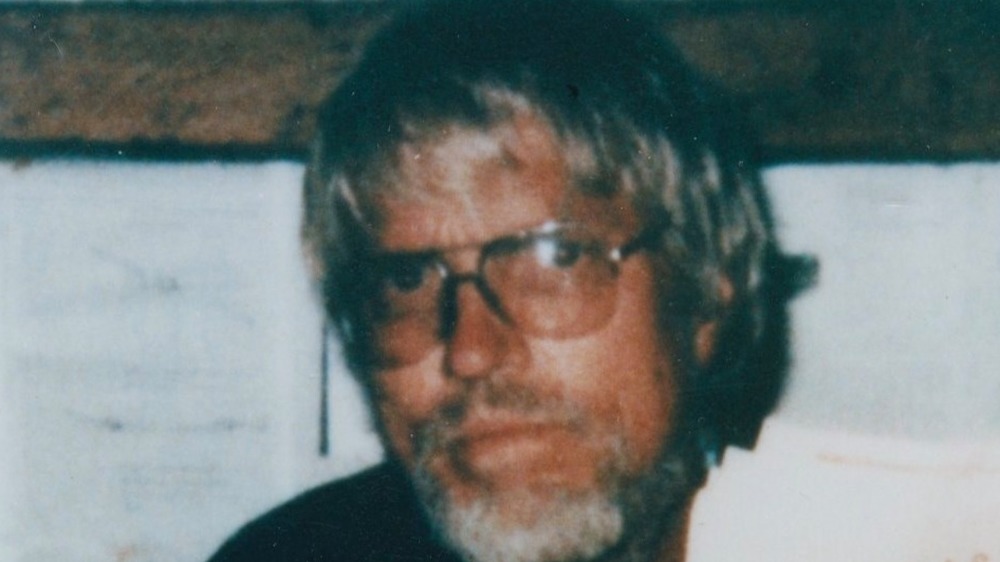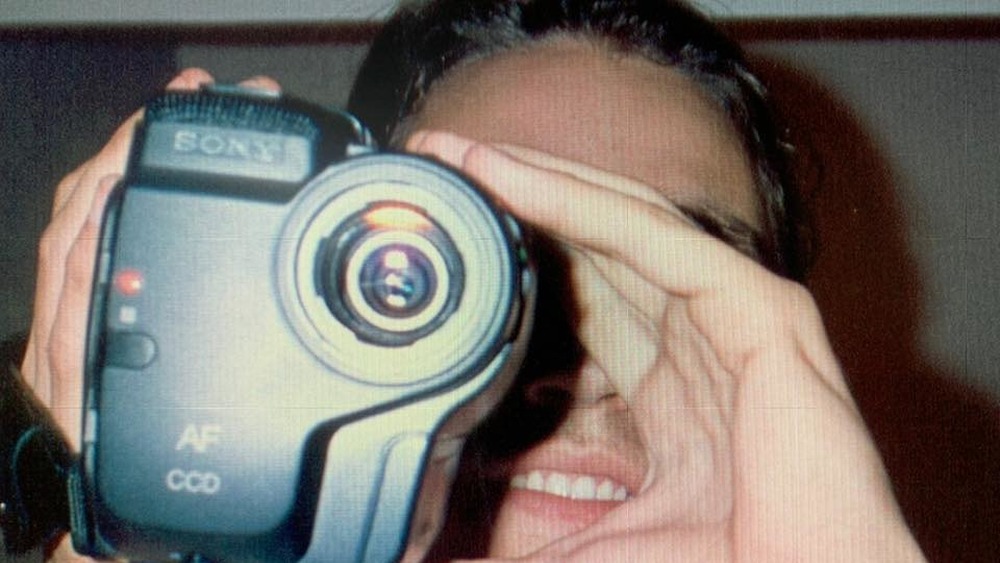What Happened To Tom Hargrove After He Was Released By His Kidnappers?
When the Revolutionary Armed Forces of Colombia kidnapped Thomas Hargrove on September 23,1994, his son Miles filmed the terrible aftermath of his family's negotiations to return their loved one back home. His documentary, Miracle Fishing: Kidnapped Abroad comes to Discovery+ this March.
The story uses archival footage from Miles' camcorder video diaries; he produced/directed the film. (See trailer on YouTube). "Miracle Fishing is a once-in-a-lifetime sort of film. An unbelievable event that was perfectly captured from the viewpoint of the family living through it," said Brett Rogalsky, acquisitions coordinator at Gravitas Ventures, the film's North American distributor, according to the Hollywood Reporter.
After Tom, a U.S. agricultural journalist, was seized by FARC, an armed rebel group, outside the family home in Cali, Colombia, the family found themselves without government support. So Hargrove's friends and family quickly learned the difficulties of securing Tom's release from a drug cartel demanding a $6 million ransom. Then-21-year-old Miles captured most of the moments on his camcorder and revisited the footage more than two decades later to create the documentary.
The harrowing kidnapping story offers a happy ending, though, since Tom did come home after 11 months of captivity. His wife Susan was on the phone when he walked through the door on a Tuesday. As soon as she saw him, she started screaming in surprise, according to the Washington Post. He had orange hair, a result of a vitamin deficiency.
Coming home after an 11-month captivity
"All I did was walk in here," he said in a telephone interview to the Washington Post. "I walked ... through the mountains for two days. I had a marching song in my mind. I just repeated the cadence over and over."
When Tom was released, several guerrillas walked with him down the mountain, but abandoned him as they got closer to areas the Colombian army controlled. As he approached more populated areas, Tom received rides from locals until he got home, according to the Seattle Times.
Tom was grabbed from his job at the International Center for Tropical Agriculture in the communications division. His guards that day were recruits for the group. FARC, according to the BBC, used kidnapping as a way to fund their war with the government. "The guerrillas were conducting what's called a 'miracle fishing' operation," said his son to the media organization. "They basically would set up these roadblocks looking for cars or cash — just anything that could get them a little bit of money for their cause. But when this American was there all of a sudden, that's where the big money was."
A celebrated homecoming
Tom's incarceration tested him. The kidnappers fed him mostly rice, pasta and beans, and imprisoned him in a windowless hut in the mountains, often chaining him and threatening to shoot him. "Tom said that the last 11 months were like it must have been to live with the Vietcong," his brother Raford Hargrove said to the New York Times. "He and his captors spent 11 months running away from the Army. Sometimes, they had almost no food to eat."
While his employer refused to pay or negotiate with the kidnappers, his family spoke with the kidnappers until they accepted a price, according to Vanity Fair. Miles' friend Robert Clerx, who spoke fluent Spanish, helped facilitate the conversations. Several hundred thousand dollars was packed in crates and delivered. The family also appealed to the humanitarian nature of the rebels with letters. The Hargroves waited weeks and nothing happened. When a demand for more money came, they paid it ... and Tom finally came home.
A thriller, Proof of Life, starring Russell Crowe (pictured above) and released in 2000, was also based on Tom's experiences. He also wrote a book, Long March to Freedom, about his experiences.
Hargrove worked as a security consultant after his rescue and participated in explorations that uncovered the remains of a Spanish colonial city in the Philippines, as well as discovered Carolina Gold rice, according to the Houston Chronicle. Hargrove died of heart failure in 2011. He was 66 years old.


